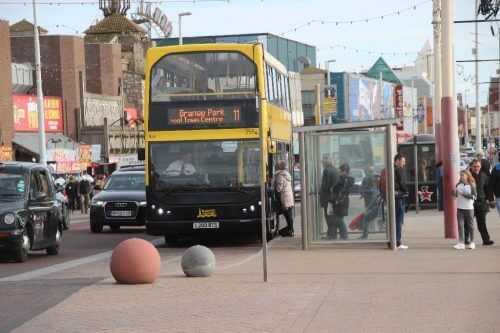
Gareth Evans shares highlights of last week’s five-hour debate in the House of Commons on the Second Reading of the Bus Services Bill, discussing not only familiar arguments but also changes made to the legislation by the House of Lords
The Bus Services Bill (BSB) passed another ‘timing point’ on its journey through the corridors of power in Westminster on Wednesday (March 1), when it had its Second Reading in the Commons. Topics covered ranged from municipal operators to smartcards, concessionary fares for young people and franchising in Manchester. It was notable that Greater Manchester MPs appeared to be present en masse.
The BSB’s next ‘timing point’ is March 21 (see panel) – although in the meantime, there’s a ‘request stop’ with public consultation. […]
What you get with a subscription
- Operator & Supplier Profiles
- Face-to-Face Interviews
- Lastest News
- Test Drives and Reviews
- Legal Updates
- Route Focus
- Industry Insider Opinions
- Passenger Perspective
- Vehicle Launches
- and much more!


